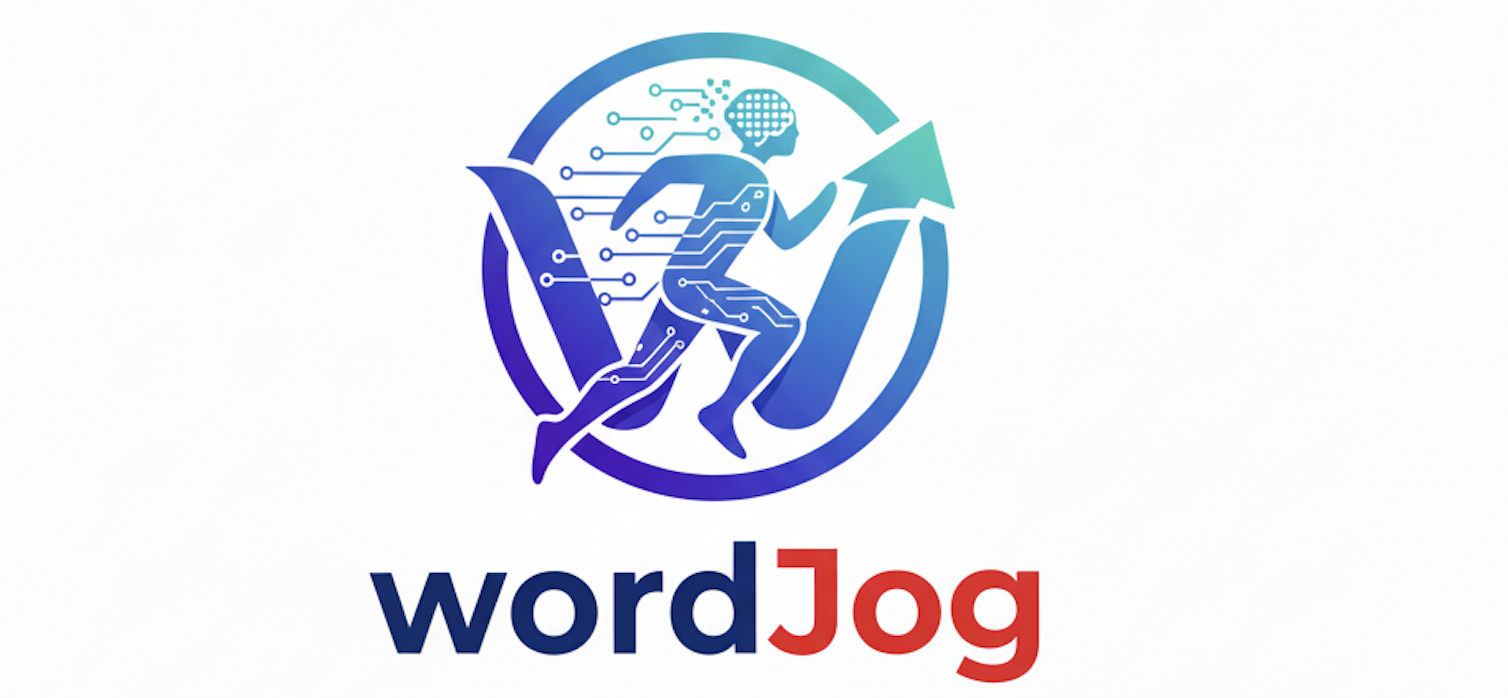Data engineering task automation is essential for modern businesses dealing with complex, ever-changing data requirements. Automating data workflows streamlines critical businessprocesses where companies must reconcile vast amounts of sensitive data from multiple sources to meet evolving regulations and business needs.
Business Impact
| Metric | Traditional Data Engineering | AI Automation | Improvement |
|---|---|---|---|
| Data Reconciliation Time | 40-60 hours/week | 4-6 hours/week | 90% reduction |
| Data Accuracy | 92% | 99.9%</span> | 7.9% increase |
| Manual Review Time | 25 hours/week | 5 hours/week | 80% reduction |
Automation transforms a wide range of data engineering tasks, including:
| Task | AI Automation Potential |
|---|---|
| Data Reconciliation | High — AI can automate 80-90% of matching and validation, reducing manual checks dramatically. |
| Data Integration | High — AI-driven tools automate most integration tasks, enabling real-time, error-free data flow. |
| Data Quality Monitoring | Very High — AI can automate anomaly detection and correction, handling 90%+ of quality checks. |
| Audit Trail Generation | High — AI can fully automate logging and tracking of changes across data systems. |
| ETL Pipelines | Very High — AI can generate, optimize, and monitor ETL code, automating 80-90% of pipeline tasks. |
| Data Privacy & Security | High — AI can enforce policies and detect breaches, automating most privacy controls. |
| Reporting & Analytics | High — AI automates report generation and data visualization, reducing manual effort by 70-90%. |
| Master Data Management | Moderate to High — AI can automate much of the synchronization and deduplication, but oversight may still be needed. |
Automating these tasks not only boosts efficiency and accuracy but also frees up skilled teams to focus on higher-value work, helping organizations stay agile and compliant in a data-driven world.

